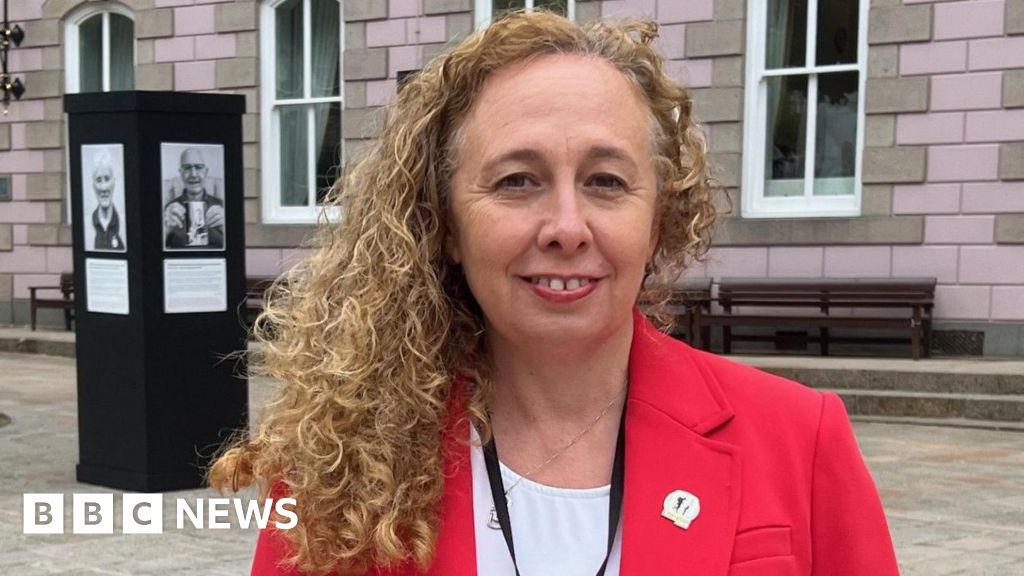Chikungunya Vaccine Warning: US Health Officials Advise Against Use for Seniors Traveling Abroad

Urgent Travel Advisory: The U.S. Centers for Disease Control and Prevention (CDC) has issued a cautionary alert for older adults planning international travel. Health officials are recommending that individuals aged 60 and above refrain from receiving the chikungunya vaccine due to ongoing investigations into potential adverse effects. This advisory stems from preliminary data suggesting a possible link between the vaccine and neurological complications in this age group.
Understanding Chikungunya and the Vaccine: Chikungunya is a mosquito-borne viral disease that causes fever and severe joint pain. While typically not fatal, the debilitating joint pain can persist for months or even years, significantly impacting quality of life. The chikungunya vaccine, developed to protect travelers from this disease, has undergone rigorous testing. However, recent post-authorization monitoring has raised concerns.
The Concern: Neurological Side Effects: The CDC's advisory is based on reports of neurological complications following vaccination in individuals aged 60 and older. While these events are considered rare, the potential severity warrants a temporary pause in vaccinations for this demographic. The specific neurological issues being investigated include Guillain-Barré syndrome (GBS), a rare autoimmune disorder that affects the nerves, and other related conditions. The CDC is working closely with vaccine manufacturers and conducting further research to fully understand the nature and extent of these risks.
Who is Affected and What Should Travelers Do? This advisory directly impacts older adults (60+) who are planning to travel to regions where chikungunya is prevalent, such as Southeast Asia, Africa, and the Caribbean. The CDC emphasizes that the advisory is temporary and applies only to this age group. Younger travelers and those with a higher risk of severe chikungunya infection are still encouraged to consider vaccination after discussing the risks and benefits with their healthcare provider.
Recommendations for Travelers:
- Consult Your Doctor: Discuss your travel plans and potential risks with your healthcare provider, regardless of age.
- Consider Alternative Protection: If you are over 60 and traveling to a chikungunya-risk area, focus on preventative measures such as using insect repellent, wearing protective clothing, and staying in accommodations with mosquito nets.
- Stay Informed: Regularly check the CDC website (https://www.cdc.gov/chikungunya/) for updated information and guidance.
- Report Adverse Events: If you experience any unusual or concerning symptoms after receiving the chikungunya vaccine, report them to your healthcare provider and the Vaccine Adverse Event Reporting System (VAERS).
The CDC's Commitment to Safety: The CDC remains committed to ensuring the safety of vaccines. This advisory reflects the agency's proactive approach to monitoring vaccine safety and responding to emerging concerns. Further updates will be provided as more information becomes available. The agency stresses that the overall benefits of the chikungunya vaccine for younger, higher-risk travelers still outweigh the potential risks.
Disclaimer: This information is for general knowledge and informational purposes only, and does not constitute medical advice. It is essential to consult with a qualified healthcare professional for any health concerns or before making any decisions related to your health or treatment.






